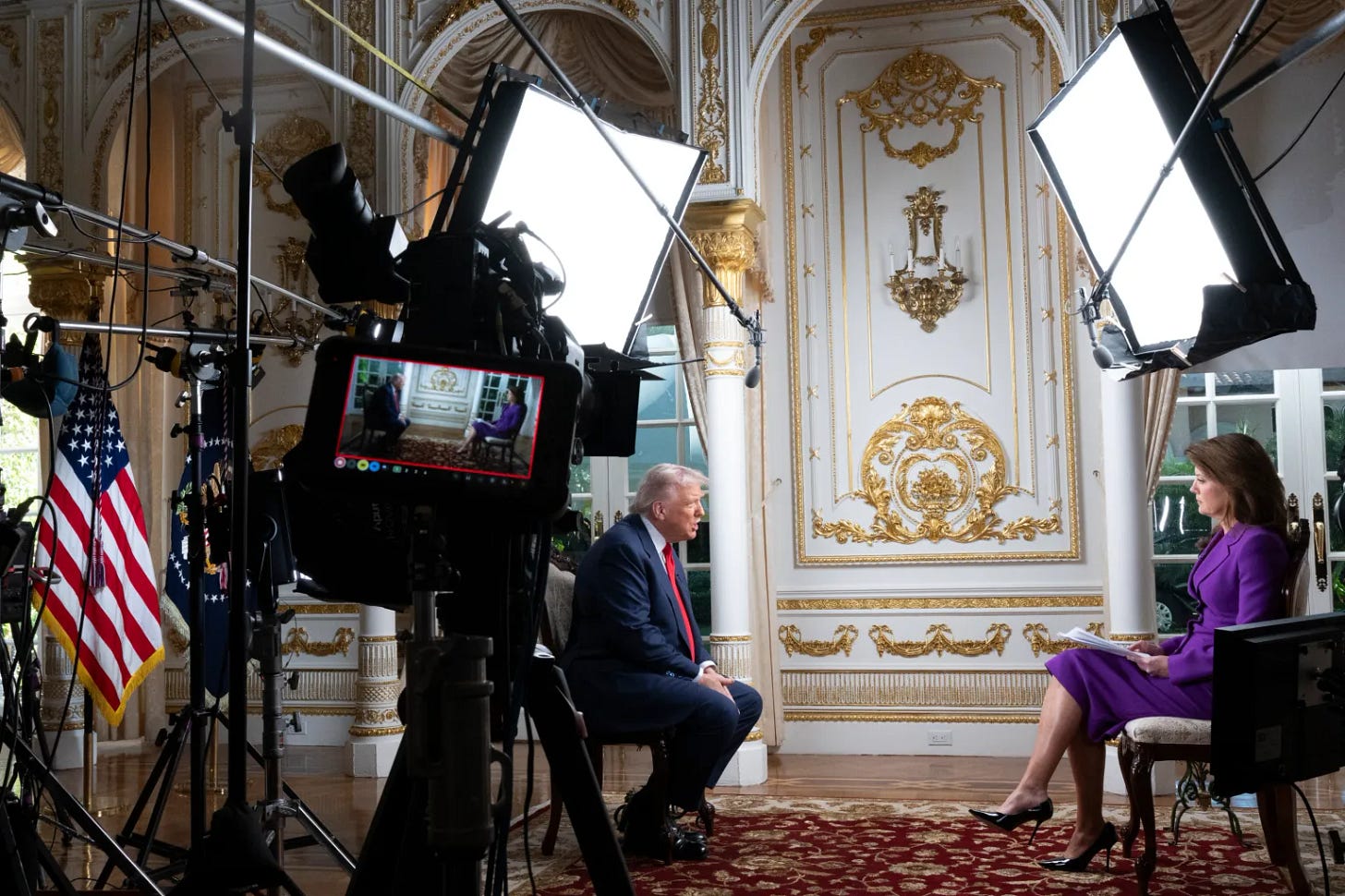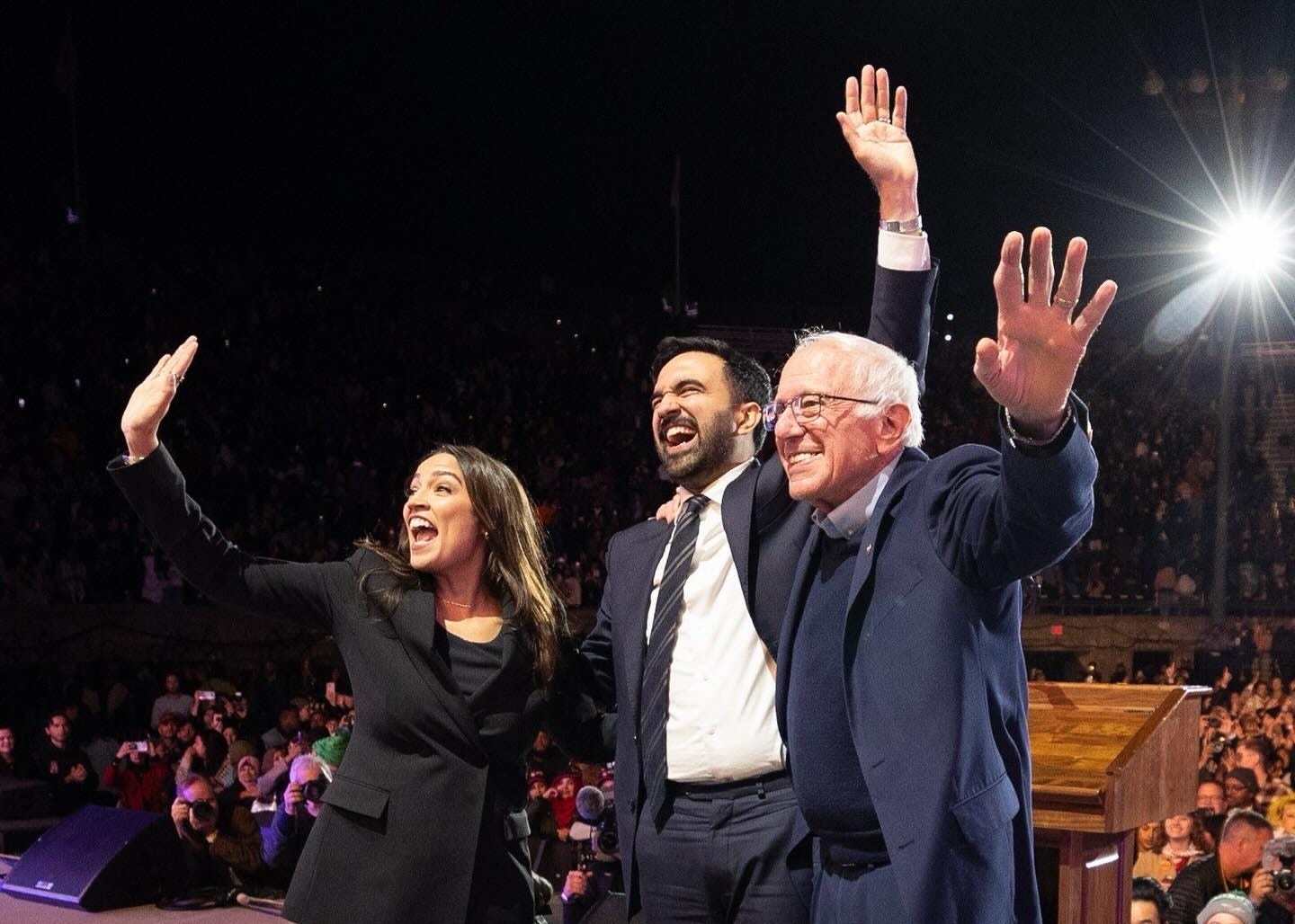President Donald Trump has publicly threatened to withhold federal funding from New York City if Democratic socialist candidate Zohran Mamdani wins the mayoral election, sparking a national debate over the legality of such presidential actions and the constitutional boundaries of executive authority over federal spending. The warning came in the closing days before the November 4, 2025, election, as Trump endorsed former Governor Andrew Cuomo and described Mamdani, one of the leading candidates, as a “communist” unfit for office. Trump’s statement represents one of the most direct uses of federal appropriations as a political bargaining tool in recent American history, with New York City currently receiving about $9.7 billion in federal funds annually—roughly 8.3% of its total budget.
Legal Framework and Past Precedents
Legal experts overwhelmingly argue that the Constitution empowers Congress, not the president, to control federal spending, and any attempt by Trump to unilaterally withhold congressionally approved funds would likely be found unconstitutional by the courts. The Supreme Court, in landmark cases such as NFIB v. Sebelius, has ruled that the president cannot coerce states or cities by threatening to cut off essential federal funds, calling such practices “coercive” and beyond the president’s legal authority. Federal judges have already blocked the Trump administration from cutting funding to so-called “sanctuary cities” based on local immigration policies, noting that these actions violate the Spending Clause of the Constitution.
According to the Impoundment Control Act, the president may propose to Congress that certain funds be rescinded for fiscal reasons, but Congress must act on the proposal for it to be legal; the president cannot simply withhold money Congress has already appropriated. In recent years, the Trump administration has repeatedly attempted to circumvent these rules, issuing executive orders to block or redirect funding. Still, these actions have been met with legal challenges and temporary injunctions from the federal courts.
Impact on New York City and the Population
New York City’s $9.7 billion in annual federal funding supports critical programs such as Temporary Assistance for Needy Families (TANF), housing assistance, child care, education, and infrastructure projects. For example, TANF alone supports nearly 146,000 family assistance recipients and covers almost 44% of the Department of Homeless Services’ shelter costs in 2025. If federal funds were suddenly cut, the city’s social safety net, education, public health, and infrastructure could face severe disruption, affecting millions of residents, particularly vulnerable populations.
Legal experts and city officials anticipate that New York would mount an immediate challenge in federal court, citing precedent that the president cannot weaponize federal funding for political purposes. Past legal victories, such as the 2021 Supreme Court dismissal of similar sanctuary city funding disputes, suggest that the courts are likely to block such threats again if Trump pursues this action.
Political and Judicial Implications
Trump’s threat signals a broader trend of using federal appropriations as a tool of political leverage, a move critics describe as “undemocratic” and “dangerous” for the separation of powers. The Departments of Justice and Education, among others, have seen previous attempts to rescind grants without congressional approval, all of which were blocked by the courts. Still, the Supreme Court has shown increasing willingness to hear emergency appeals from the administration. The evolution of these legal battles will set important precedents for future executive actions and the balance of federal versus local authority.
A Defining Legal Battle
As the mayoral election results become clear, the outcome will not only determine who leads New York City but also whether the executive branch can use federal funding as a political weapon. The courts have consistently ruled that such actions are unconstitutional, but the Supreme Court’s final decision may reshape the limits of presidential power in American democracy. The legal fight to protect federal funding for cities could become a defining issue for the nation’s understanding of executive authority and the rule of law in the years to come.
Legal analysts predict that if Mamdani wins, New York City will quickly file suit, and the case may reach the Supreme Court within months, setting a precedent that could affect cities across the country and the future of the nation’s fiscal constitutional framework.




